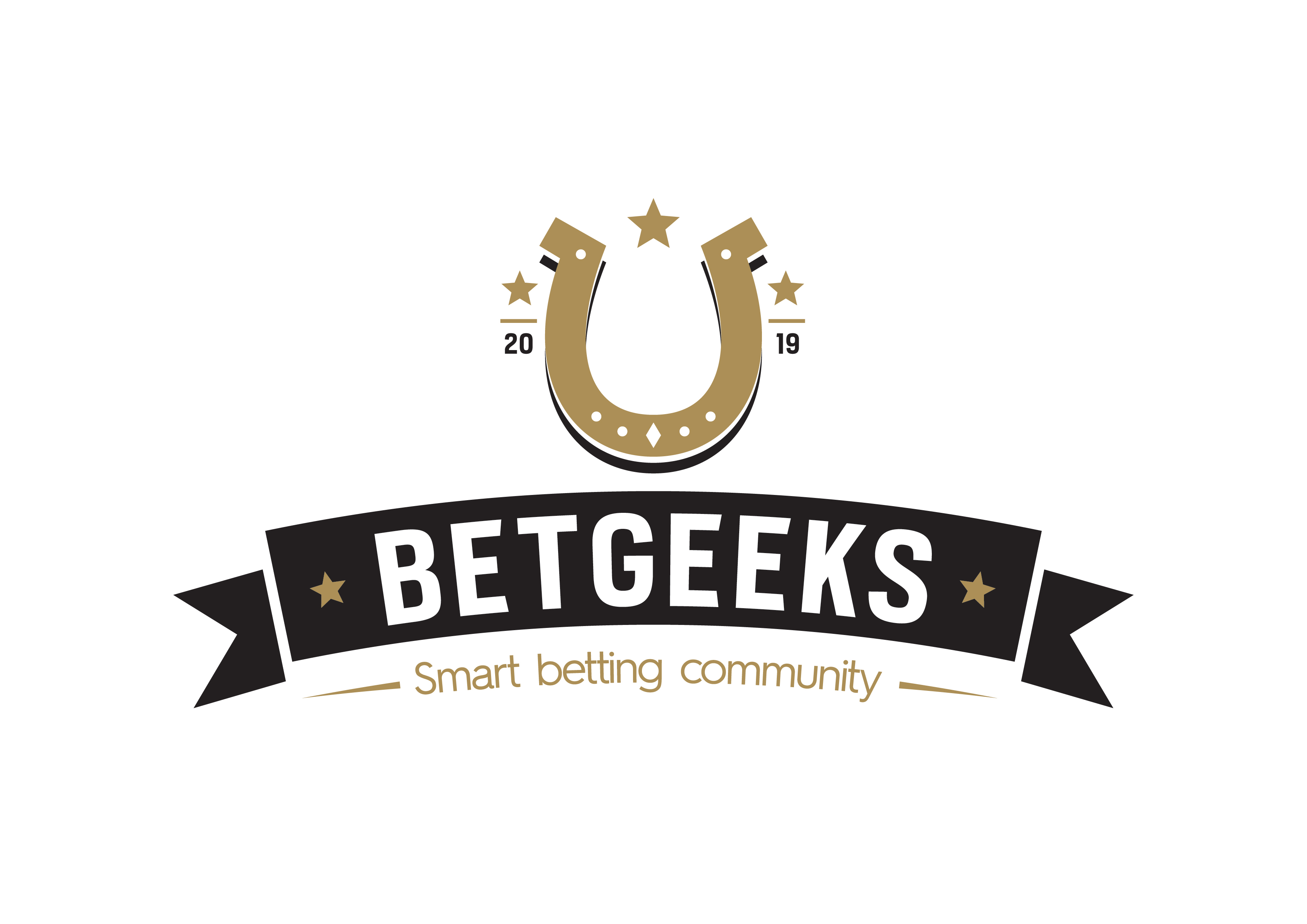Towards a New Definition of Betting
The old argument that betting is highly addictive and thus must operate under strict oversight simply doesn’t hold true in the modern marketplace, argues SGN member Dinos Stranomitis of Altenar.
To start off this analysis, I would dare to make a comparison between betting and some other forms of behaviour that can lead to an addiction. For example, smoking is far more addictive and more health-damaging than betting, and yet the attitudes of the public are pretty much the same towards both of these habits. Speaking from personal perspective, I quit smoking 12 years ago and I know that’s a very hard thing to do, while betting for me is simply a form of entertainment that can even be profitable if you learn how to control your impulses and wager responsibly.
One look down the street will tell you all you need to know about this comparison. Tobacco products are available in almost any convenience store, while betting is restricted to a few regulated outlets, and in some countries the state has a monopoly on all gambling-related business activities. It’s fair to ask: why is this happening? The answer quite likely has something to do with money — betting can involve large sums of money and the governments want to keep it under their wing to the greatest extent possible. Monopolistic environments and/ or high tax rates are designed to ensure total control over the money flow — France charges an 8% tax on every wager, while Greece takes away 35% of the gross income from betting operators. You don’t have to be a mathematician to know this translates to a huge amount of money annually.
Double standards
Let’s take the analysis a step further and compare the betting industry with another type of activity — investment banking. Buying bonds in the open market is really not that different than placing a bet. How is betting on the future performance of Apple stocks different than betting on future performance of Manchester United? It really isn’t different at all, but you would never come to this conclusion looking at regulations. Banks are never taxed 8% per transaction when they are selling bonds to an investor. Let’s face it — getting a betting licence usually costs more than setting up your business operations, a truly unique situation that slows down global growth and limits the options available to the consumers. It’s hard to explain what prevents regulatory authorities applying the same taxation scheme to betting as that applied to bonds.
Assuming there is a scenario that eventually forces regulators to reconsider their position on taxation of the betting business and general tolerance towards our industry, so as to become more equal to other financial services. In such a case, operators that respect their clients will be able to significantly improve the quality of the services they offer. As a consequence, operators with poorer quality — nonrespectable — policies, may be forced to abandon the industry.
Fortunately, we are witnessing the rise of quite a few operators that treat their customers fairly and work hard to eliminate instances of fraud. The quality of betting products is improving as a result of this attitude. Today, the price-quality chart is becoming highly competitive with some excellent providers in the field, and we can expect many more top-tier entrepreneurs and investors to become interested in this area if the administrative barriers are lowered or removed.
Taking action
So, which course of action is recommended in order to reverse the process of over-regulation? The answer is simple — the betting industry must work towards developing its own ethical code. If the operators held each other to higher standards, regulatory bodies would eventually have to acknowledge this progress and loosen the administrative restrictions. To be crystal clear — betting can be addictive, so operating in a well-organized legal space that pays attention to the sensitivities of users is a great scenario. However, if operators are saddled with high taxes, the end system will continue to leave a lot to be desired.
To conclude, betting is simply an entertainment product that should be taxed at a similar level to other industries that also carry financial risks, such as stock trading. The old argument that betting is highly addictive and thus must operate under strict oversight simply doesn’t hold true in the modern marketplace, and it’s time that regulators and lawmakers come to terms with this state of affairs.

The author can be followed or contacted at https://www.betgeeks.com/members/stranomitisgmail-com/profile/
Recommend0 recommendationsPublished in General





honest and even handed. cannot understand the hysteria around it.